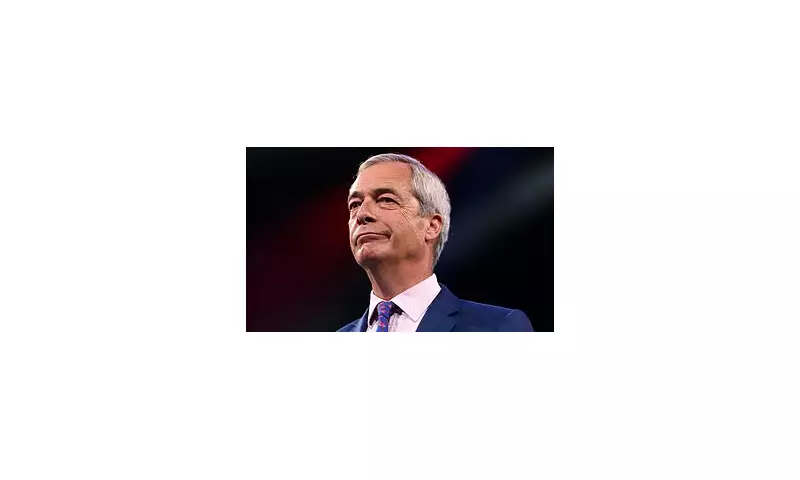
In a bold move that directly challenges the Conservative government's approach, Nigel Farage's Reform UK party has pledged to deport migrants using taxpayer-funded flights if they gain power. The controversial policy represents one of the most hardline immigration stances in British politics.
The announcement comes as Farage positions his party as the true alternative to what he calls "failed Tory policies" on border control. Reform UK's proposal would see the government finance deportation flights for migrants who arrive in the UK through unofficial channels.
Challenging the Establishment
Farage, the veteran Brexit campaigner, didn't mince words when criticising the current administration. "The Tories have completely lost their way on immigration," he stated, accusing the government of empty promises and ineffective policies.
The Reform UK leader's return to frontline politics has already created ripples at Westminster, with many Conservative MPs fearing his party could split the right-wing vote in the upcoming general election.
Policy Details and Implications
While specific details remain scarce, the proposal suggests a significant expansion of the government's removal capabilities. Current policies have faced numerous legal challenges and practical obstacles, something Farage claims his party would overcome through political will.
The policy has immediately drawn criticism from human rights organisations and opposition parties, who describe it as "inhumane" and "politically motivated." However, Reform UK believes it resonates with voters frustrated with record immigration numbers.
Electoral Impact
Political analysts suggest Farage's re-entry into politics and his hardline immigration stance could significantly impact the Conservative party's electoral prospects. With many traditional Tory voters expressing dissatisfaction with current immigration levels, Reform UK may capture a substantial protest vote.
The coming months will test whether Farage's controversial proposal gains traction with the British electorate or becomes another footnote in the increasingly crowded field of immigration policy solutions.





